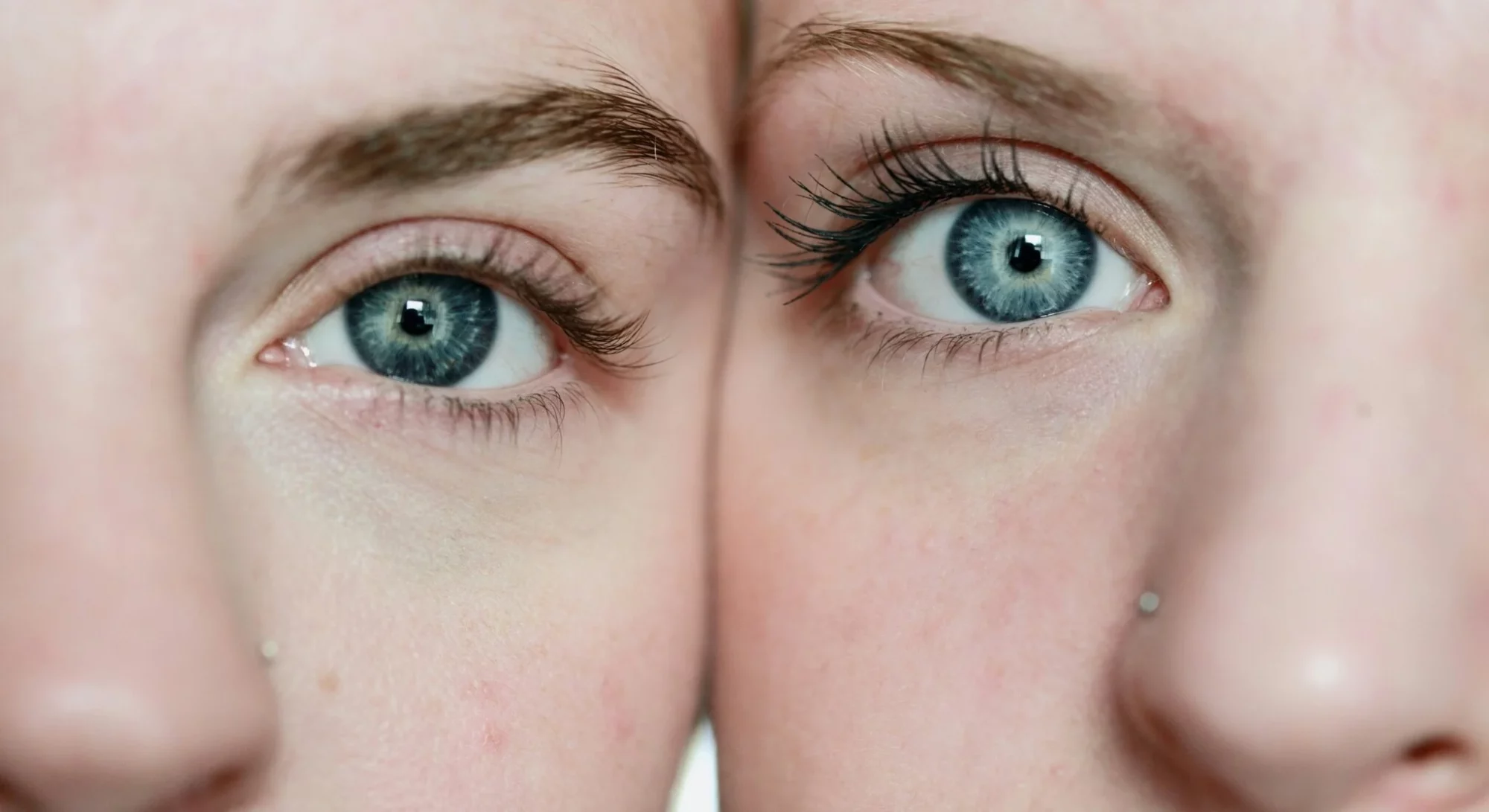Perfume is a deeply personal experience, but have you ever noticed that a fragrance that smells amazing on someone else doesn’t smell the same on you? The reason lies in skin chemistry, a fascinating interplay of biology and fragrance that determines how a perfume develops, lasts, and projects on different individuals.
- Understanding Skin Chemistry and Fragrance
The way a perfume interacts with your skin is influenced by multiple factors, including pH levels, body temperature, skin type, and even diet. These elements alter the way perfume molecules evaporate and blend with your natural body scent.
- The Role of Skin Type in Perfume Performance
- Oily Skin: Retains fragrance molecules longer, making scents last longer and develop more intensely.
- Dry Skin: Absorbs perfume quickly, causing the scent to fade faster; using a fragrance-free moisturizer can help with longevity.
- Balanced Skin: Offers a neutral base where perfumes tend to perform as expected by the perfumer.
- pH Levels and How They Affect Perfume
Your skin’s pH (acidity or alkalinity) can impact how a fragrance develops. Some people have slightly more acidic skin, which can enhance citrus and fresh notes, while alkaline skin might amplify woody or musky notes.
- Diet and Lifestyle: How What You Eat Affects Your Scent
Your diet influences your natural body odor, which interacts with perfume.
- Spicy & Garlic-heavy Diet: Can make fragrances smell sharper or more intense.
- Vegetarian & Clean Diet: Leads to a softer, lighter fragrance projection.
- Caffeine & Alcohol Consumption: May increase body heat, making perfumes evaporate faster.
- Body Temperature and How It Alters Fragrance Development
Warm skin amplifies top notes and speeds up fragrance evaporation, while cooler skin may prolong the development of middle and base notes. This is why perfume smells different in summer versus winter.
- Hormones and Fragrance Perception
Hormonal changes (due to stress, pregnancy, or medication) can alter body chemistry, leading to noticeable differences in how perfumes smell on an individual over time.
- Tips to Make Perfume Work Best for You
- Apply perfume to well-moisturized skin for better longevity.
- Test fragrances on your skin rather than paper strips to see how they react with your chemistry.
- Layer scents with unscented or complementary lotions to modify their performance.
- Store perfumes properly to maintain their intended composition.
- Conclusion: Finding Your Perfect Fragrance Match
Since perfume is influenced by personal skin chemistry, what works for one person may not work for another. Instead of relying solely on fragrance descriptions, it’s always best to test perfumes on your own skin and observe how they evolve throughout the day.
Would you like me to expand on another topic from the list?





























